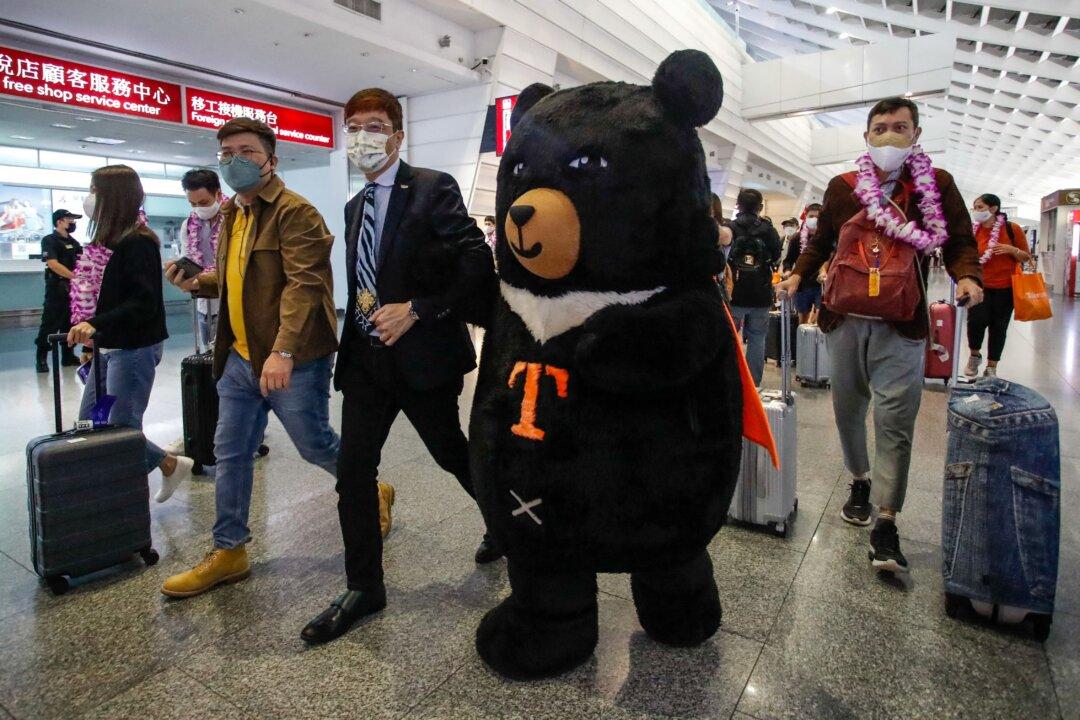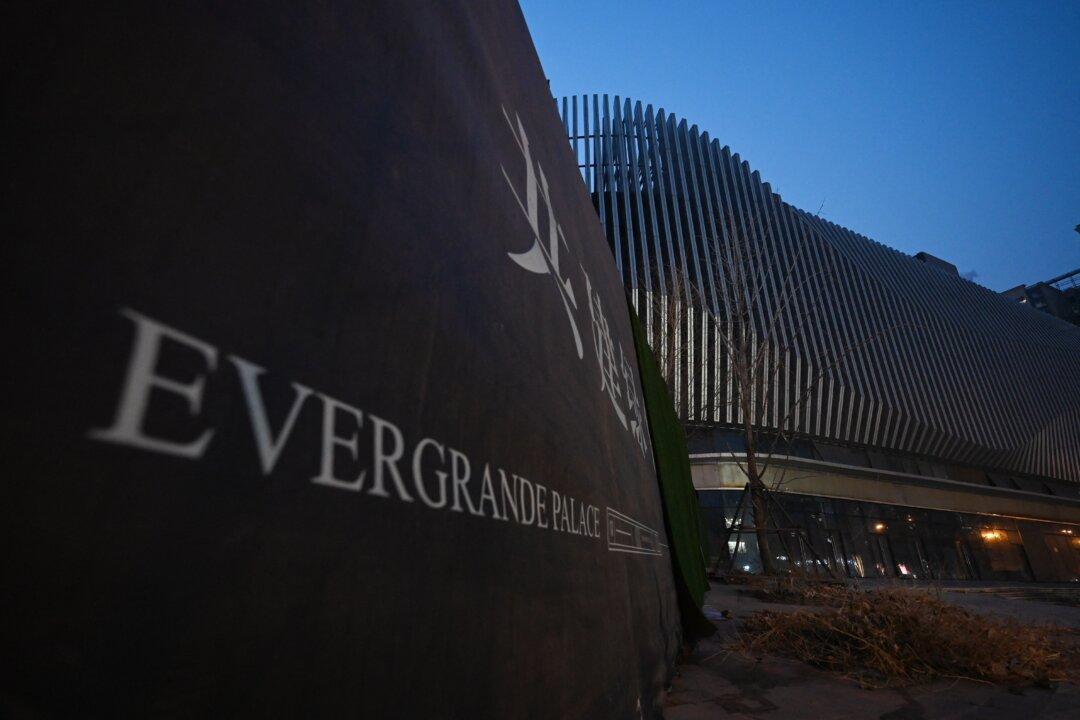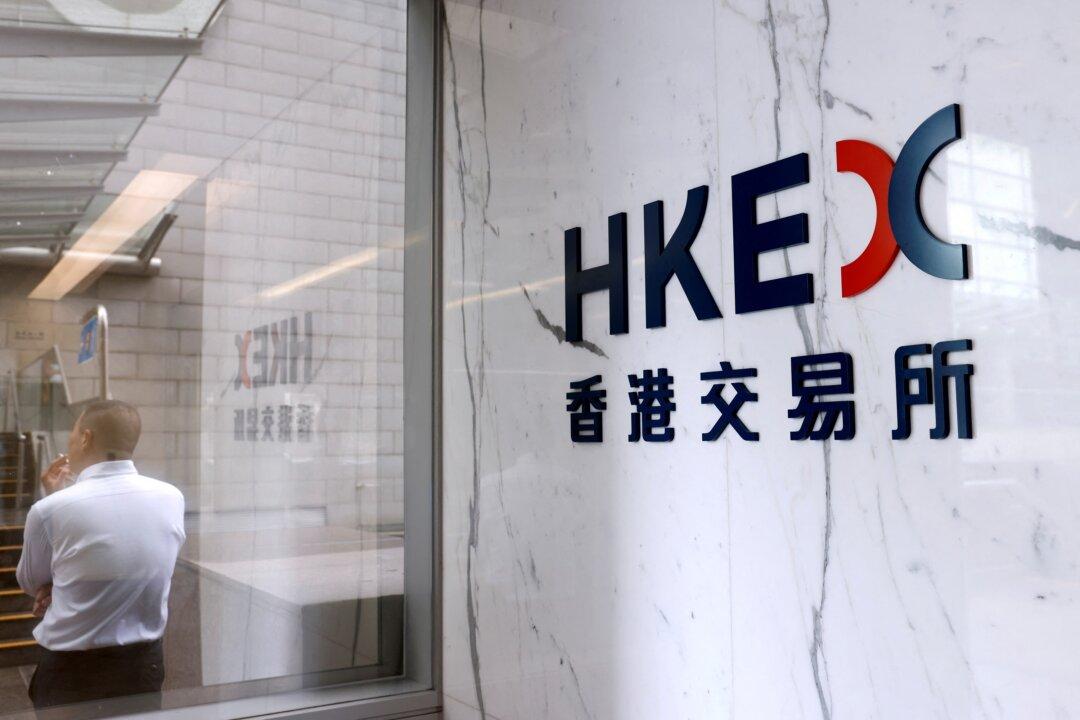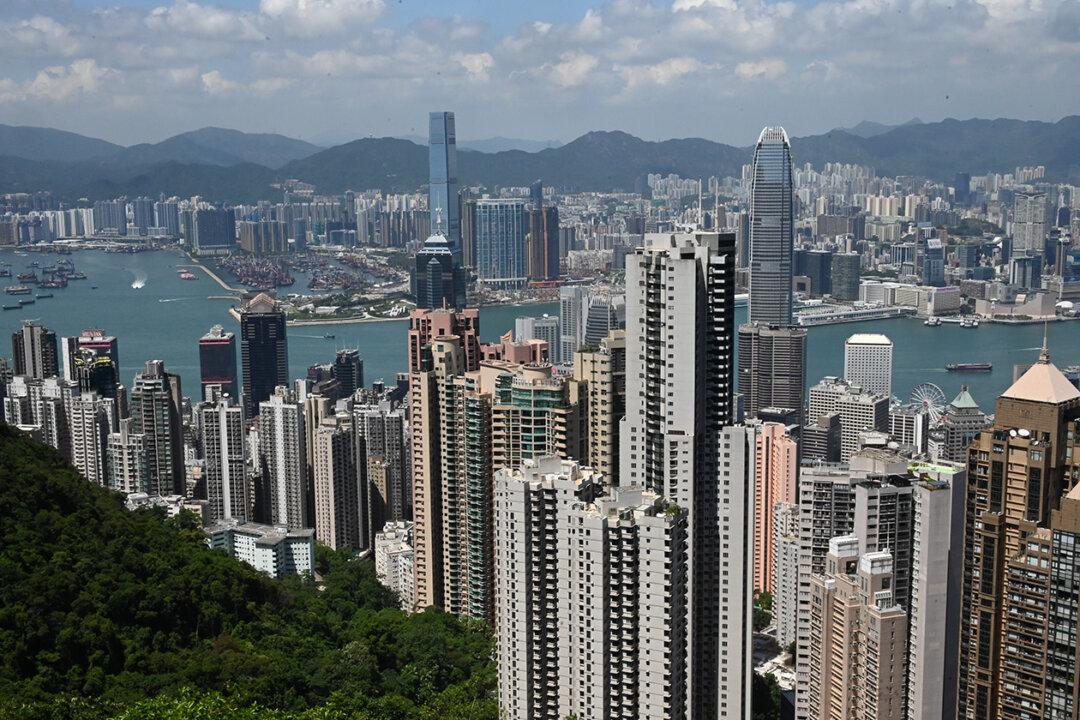Taiwan is one of the latest countries to tighten entry rules for people who have visited mainland China where the communist regime has removed cross-border traveling restrictions despite a COVID-19 outbreak sweeping across the country.
Effective on Jan. 1, all travelers coming from mainland China, including returning Taiwanese nationals or non-Chinese foreign nationals, have been required to undergo a saliva-based polymerase chain reaction (PCR) test upon arrival in Taiwan, the Central Epidemic Command Center (CECC) said on Dec. 28.





